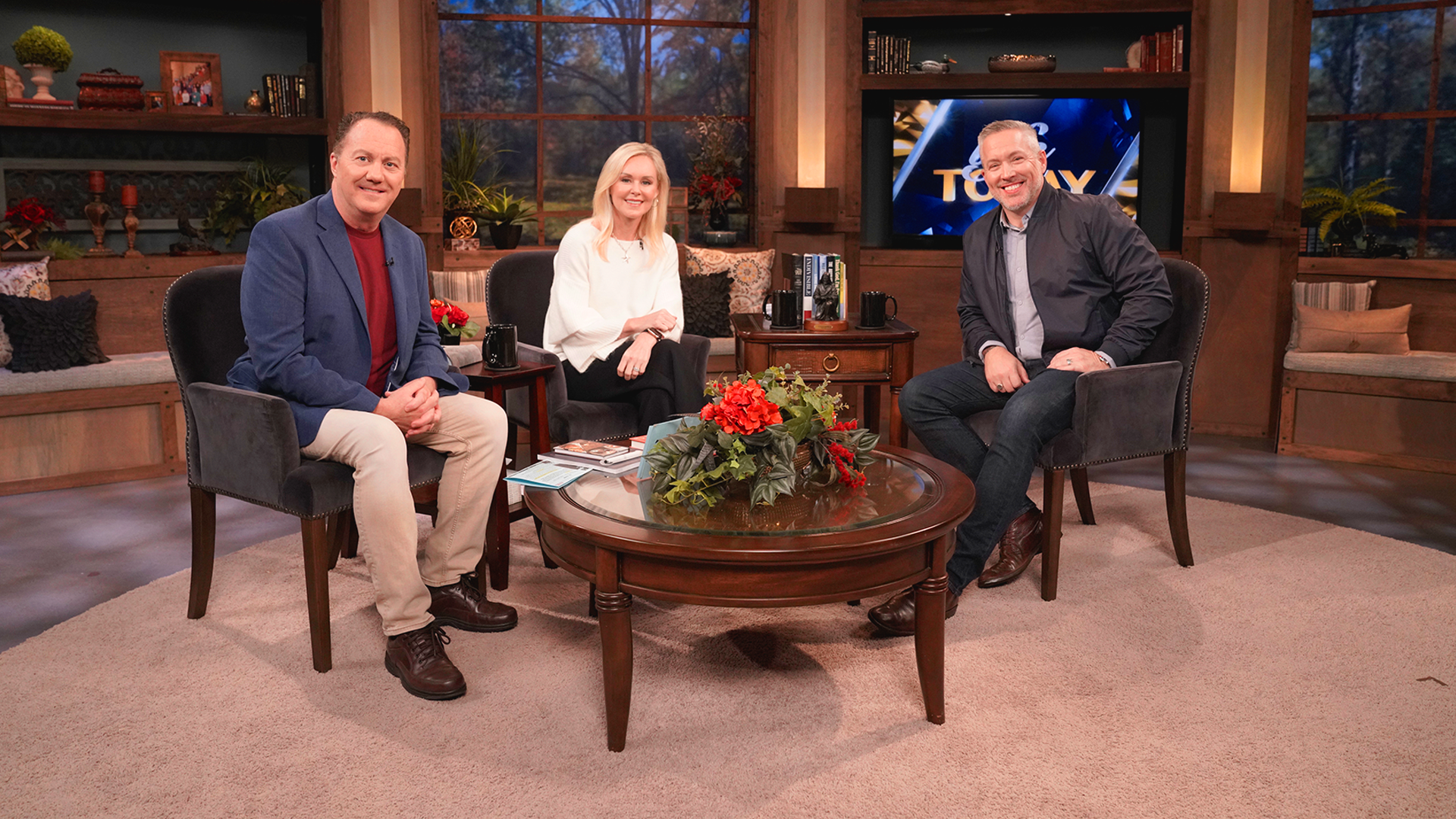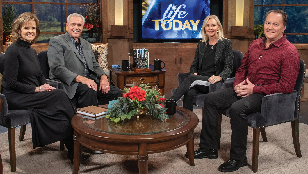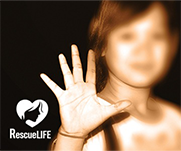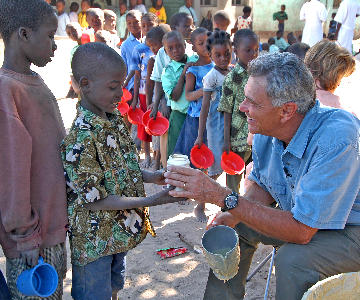How difficult is it to push a button on the dishwasher? My vote is “not very,” but that isn’t the point. What made the whole thing ironic is that I was in the middle of writing a sermon on “happiness.” Let me explain.
My wife and I were on the beach in Destin, Florida…without the kids. A recipe for happiness if ever there was one. Paul wrote about finding joy and contentment in God from a prison cell; I wrote about it from the beach. But in my defense it was a crowded beach. We rented a condo for four days and had to check out by 10 a.m. on Friday. Before checkout the renter is asked to do a few things: strip the sheets off the bed, put all the towels in the hallway, take out the trash, and load and start the dishwasher. My wife assigned me dishwasher duty. At about 10:05 a man in his fifties and a couple of women walked into the condo, spotted me, and said, “Ummm, we are here to clean. You were supposed to be out of here by 10.” I apologized, thanked them, and told them we were headed out the door. We grabbed our stuff and made our way from the third-floor condo down to the car.
Just before we reached it, the guy came out of our room and yelled down to us in the parking lot, “Hey! Thanks a lot for starting the dishwasher. There’s only a few <BEEP> things you’re asked to do and you couldn’t bring yourself to push the <BEEP> button?”
I had just finished writing a sermon explaining that because we have God, we don’t have to let our circumstances rob us of joy. So you might think I would respond humbly.
You would be wrong. Instead I thought, Oh, you want to overreact and get sarcastic? I can speak that language. I yelled up at him, “I’m so sorry you had to push that button. I’m sure that had to be exhausting,” and then laughed condescendingly. He yelled back at me, with a few more choice words, and I yelled back at him. By now my wife is in the car with the door shut. Finally, he stormed off, still yelling. The last thing I heard is him calling me “a worthless <BEEP> of <BEEP>.”
I got in the car and slammed the door.
At this point I should have held the situation in my hand, taken a look at it, realized it wasn’t sparking joy, and let it go. I should’ve thought to myself, Be joyful always. I should have remembered that love is patient and love is kind. I should have put the car in gear and pulled out as I laughed the whole thing off. That’s what I should have done. That’s not what I did. I sat there steaming about how I had been disrespected. I heard my wife say, “Let’s just go.” I might have listened, but this is a woman who paid real money for The Life-Changing Magic of Tidying Up. I said, “Oh, no. That man needs to hear some hard truth.” I got out of the car, but before I could shut the door I heard my wife tell me, “Say a quick prayer on your way up.”
I started to head up the three flights of stairs to confront Mr. “Can’t push the button on the dishwasher in the condo but has plenty of energy to yell at me from the third-floor balcony.” After the first flight of stairs I felt convicted and embarrassed.* By the second floor I was telling God I was sorry, and almost immediately it was impressed upon me that I needed to apologize and give the man a tip for his extra work. I opened my wallet, and all I had was a $100 bill. I thought, Well, apparently giving the man a tip is not what God wants me to do.
I walked into the condo, and the second he saw me he started yelling again. I could hear a voice inside of me saying, One more round! But even though I didn’t feel like it, I said, “I want to apologize. I’m sure it’s frustrating to come in and clean up after someone who doesn’t do the little things. I’m sorry. I want to give this to you for the extra work you have to do and as a way to say thank you.” I held out the $100 bill. Almost immediately his eyes welled up with tears. He said, “Well, I wasn’t expecting that,” and began to apologize. Now my eyes were filled with tears. I think we both wanted to hug it out, but instead we just shook hands.
I walked back down the steps, not feeling proud of that moment but instead brokenhearted that it had reached the point it did, and wondering in how many similar moments I had missed grace because of my pride. I began repenting of my sin to God. How many times had God wanted me to show grace and humility but I was too arrogant and self-righteous? I opened the car door and sat down. I was crying. Well, not crying, just teary-eyed. My wife asked, “What happened?” I told her. She patted me on the leg and said with a smile, “Oh, it’s so cute. You’re growing up.”
It was her playful way of letting me know she was proud of me, but the truth is that when it comes to extending grace over the little things, I should’ve grown up a long time ago.
In Ephesians 4 Paul writes about the church (the “body of Christ”) being “built up” (v. 12). He says we need to “become mature, attaining to the whole measure of the fullness of Christ” (v. 13). If we do that, Paul says, “we will no longer be infants,” and instead “we will grow to become in every respect . . . mature” (vv. 14–16).
In this chapter of the Bible, which is all about growing up and living “a life worthy of the calling you have received” (v. 1), we find the major application is letting go of bitterness and offering forgiveness.
“In your anger do not sin”: Do not let the sun go down while you are still angry, and do not give the devil a foothold. (vv. 26–27)
And do not grieve the Holy Spirit of God, with whom you were sealed for the day of redemption. Get rid of all bitterness, rage and anger, brawling and slander, along with every form of malice. Be kind and compassionate to one another, forgiving each other, just as in Christ God forgave you. (vv. 30–32)
Why, when we’re instructed to grow up and become mature in Christ, is the emphasis placed on offering grace and forgiveness? I think it’s because we’re never more like God than when we forgive. Here in Ephesians 4, and throughout the Bible, we see a direct connection between the grace God gives us through Jesus and the grace we’re to give to each other.
Spiritually speaking, learning to forgive is growing up.
Kyle Idleman joins James and Betty this Tuesday on LIFE TODAY. This is an excerpt from Grace Is Greater by Kyle Idleman. Copyright ©2017 by Kyle Idleman. Published by Baker Books, a Division of Baker Publishing Group. Used by permission.










